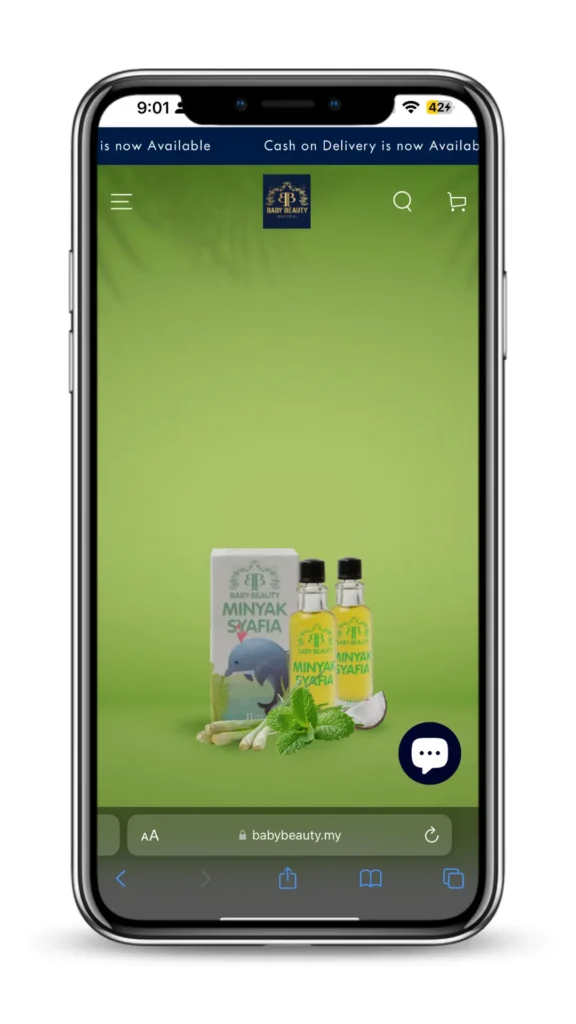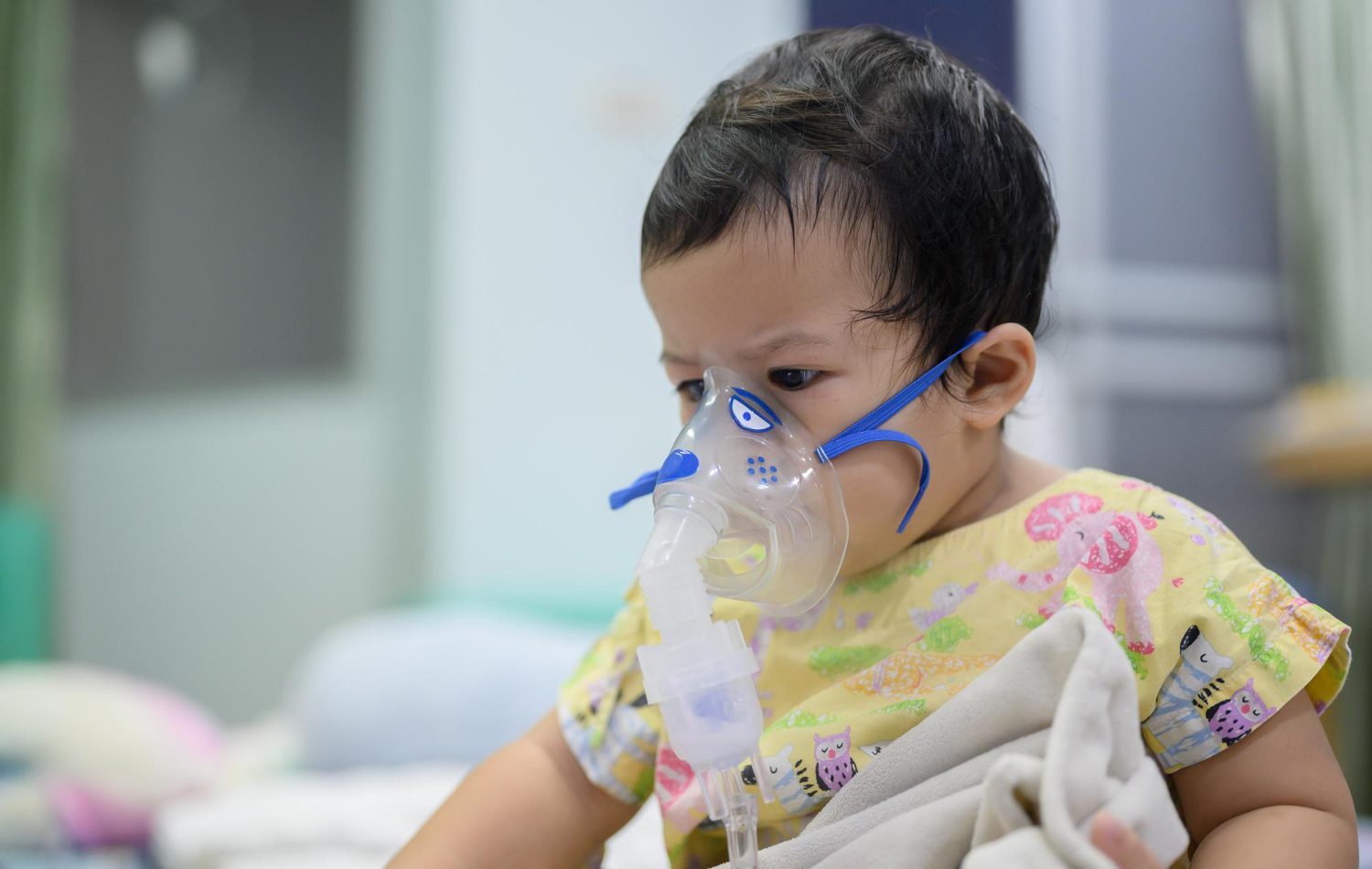There’s no getting around it: Babies cry. It’s how they communicate hunger, pain, fear, the need to sleep, and more. So how are you supposed to know exactly what your baby is trying to tell you? It can be tricky to interpret your child’s cries, especially at first.
Here are the most common reasons babies cry:
Hunger
This is probably the first thing you think of when your baby cries. Learning to recognize the signs of hunger will help you start feeding your baby before the crying stage. Some hunger signs to watch for in newborns include fussing, lip-smacking, rooting (a newborn reflex that makes babies turn their head toward your hand when you stroke their cheek), and putting their hands to their mouth.
Stomach problems from colic and gas
Tummy troubles associated with gas or colic can lead to lots of crying. The rather mysterious condition known as colic is usually described as inconsolable crying for at least three hours a day, at least three days a week, at least three weeks in a row.
For more help, learn helpful strategies for soothing a colicky baby.
If your baby often fusses and cries right after being fed, she may have some sort of tummy pain. Many parents swear by over-the-counter anti-gas drops for babies or gripe water (made from herbs and sodium bicarbonate), though neither has been proven to be effective. Get your doctor’s okay before using either of these.
A dirty diaper
Some babies let you know right away when they need to be changed. Others can tolerate a dirty diaper for quite a while. Either way, this one is easy to check and simple to remedy.
Needs sleep
It seems like tired babies should simply be able to go to sleep, anytime, anywhere. But it’s harder for them than you might realize. Instead of nodding off easily, babies may fuss and cry – especially when they’re overtired.
“We thought our daughter was colicky for the first five weeks of life until we read about how babies get really cranky if they’re exhausted. After we started putting her to sleep as soon as she yawned the first time (at any time of the day), she cried a lot less and had fewer problems with gas.”
Wants to be held
Babies need a lot of cuddling. They like to see their parents’ faces, hear their voices, and listen to their heartbeats, and can even detect their unique smell. Crying can be their way of asking to be held close.
You may wonder if you’ll spoil your baby by holding him so much, but during the first few months of life that isn’t possible. To give your arms some relief, try wearing your baby in a front carrier or sling.
Too cold or too hot
If your baby feels chilly, like when you remove her clothes to change a diaper or clean her bottom with a cold wipe, she may protest by crying.
Newborns like to be bundled up and kept warm – but not too warm. As a rule, they’re comfortable wearing one more layer than you need to be comfortable. Babies are less likely to complain about being too warm than about being too cold, and they won’t cry about it as vigorously.









